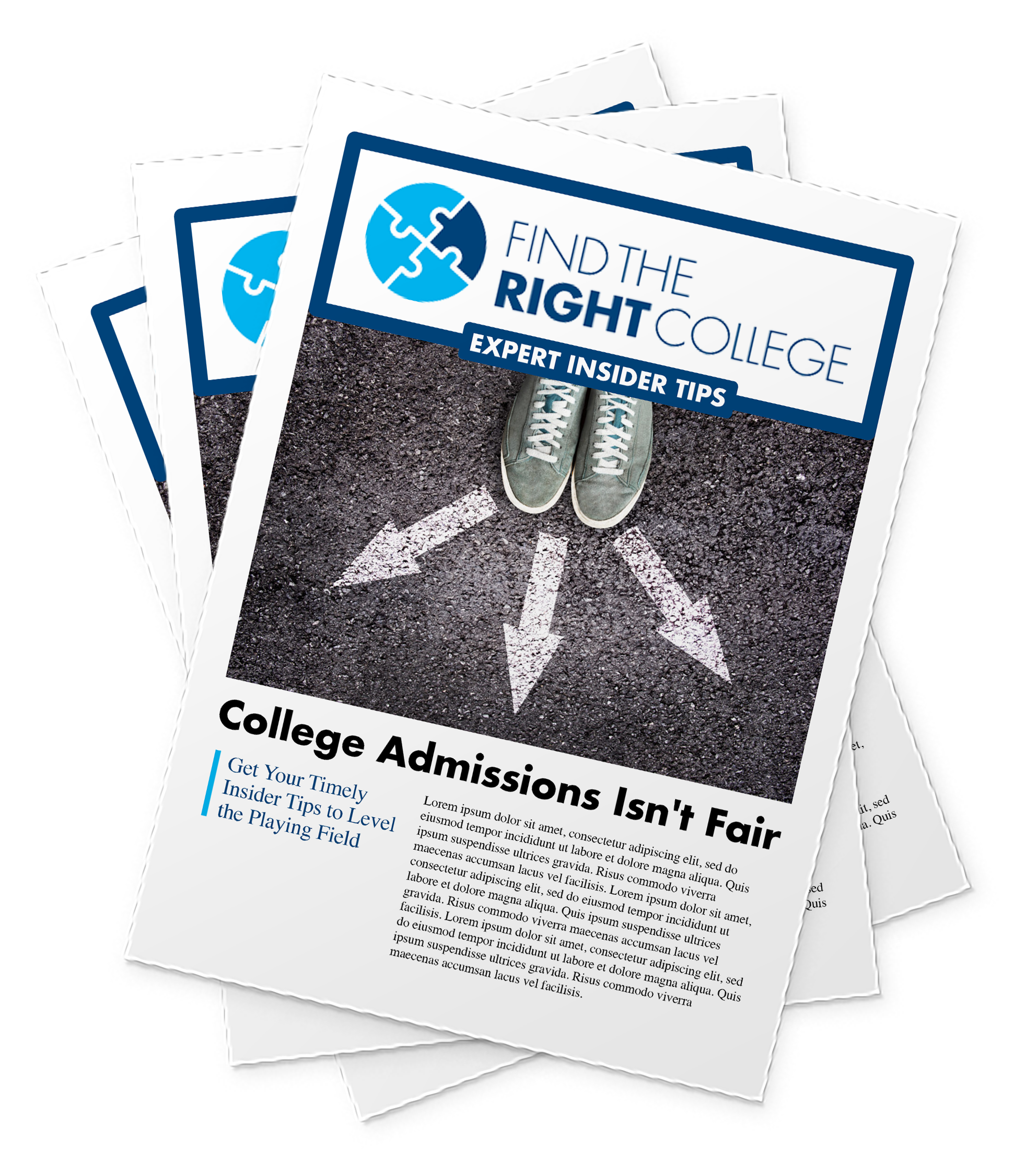As a parent of a student with learning differences, you play a crucial role in ensuring your child receives the necessary support in college. Here’s a simplified guide to help you begin to evaluate if a specific college will effectively support your teen’s unique needs. There’s no end to how much you can investigate; however, this will help you ensure you take critical steps in the college selection process.
Researching Academic Support Services
Before your child commits to a college, it’s essential to thoroughly investigate the
institution’s academic support services. Here are several key areas to explore:
- Accommodation Process
- Inquire about the process for obtaining academic accommodations.
- Ask if your child’s current documentation meets their standards.
- Determine when documentation needs to be updated and resubmitted.
- Orientation and Workshops
- Find out if the college offers any additional workshops or orientation programs specifically designed for incoming students with academic needs.
- Curriculum Flexibility
- Ask about potential adjustments to general education requirements, especially in challenging areas like math and foreign language.
- Inquire about the flexibility of general education requirements within specific majors (e.g., Business).
- Specialized Advising
- Determine if there are advisors who specialize in working with students needing academic accommodations.
- Ask about the process of ensuring your child is assigned an advisor experienced in supporting students with learning differences Support Services Available.
Support Services Available
- Tutoring Services
- Inquire whether tutors for students with learning differences receive specialized training or if they are peer tutors.
- Exam Accommodations
- Ask about the rules for receiving extended time on exams and other test-taking accommodations.
- Note-Taking Assistance
- Find out if note-taking services are available.
- Ask about policies regarding recording lectures.
- Peer Mentoring
- Inquire about special peer mentoring programs for incoming students with learning differences.
Long-Term Support
- Ongoing Assistance
- Ask if the level of academic support changes based on the student’s academic year or credit load each semester.
Taking Action
To get the most accurate and up-to-date information:
- Schedule a meeting with the college’s Office of Academic Support, either via
Zoom or in person during a campus visit. - Prepare a list of questions based on your child’s specific needs and the points
mentioned above. - Take notes during the meeting and follow up on any unclear points.
Remember, every student’s needs are unique, and what works for one may not work for another. By asking these detailed questions, you’ll be better equipped to determine if a college can provide the support your child needs to thrive academically.
By thoroughly researching and communicating with the college’s support services, you can help ensure that your child has access to the resources they need for a successful college experience.
Fitz has dedicated the entirety of his 28 year career to encouraging higher education opportunities. He worked in the Vanderbilt, Duke Law and St. Lawrence admissions offices prior to serving as an enrollment management consultant for 200+ selective colleges around the country. He created Find The Right College to make trustworthy college counseling more accessible. Fitz is also the father of two teens so he also understands first-hand the challenges associated with a college search.



